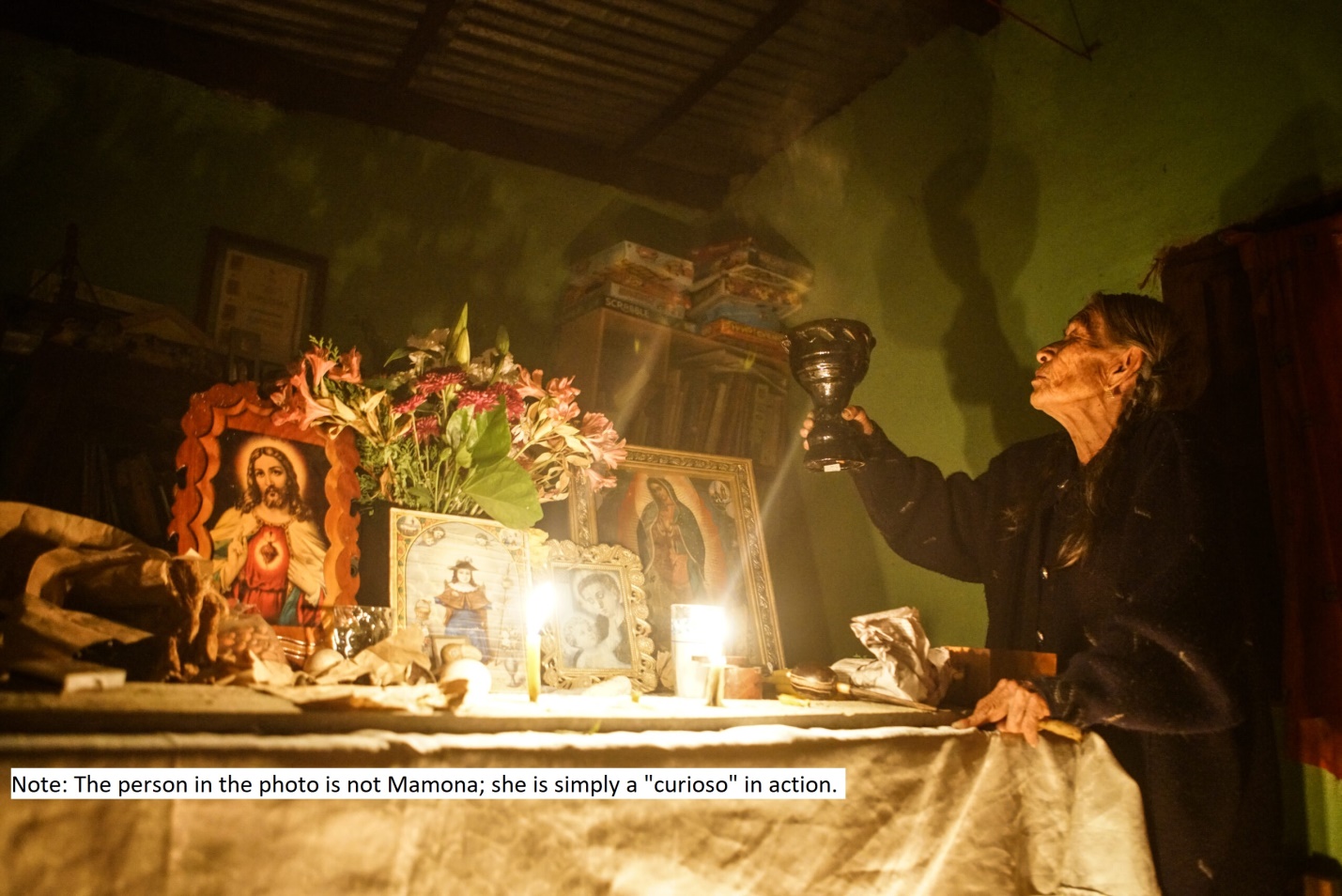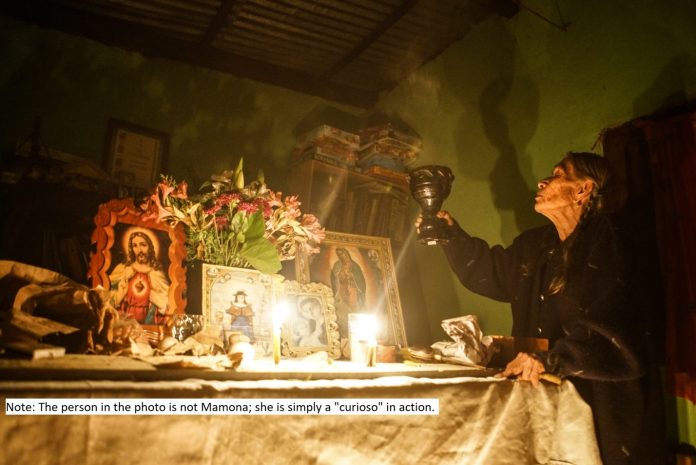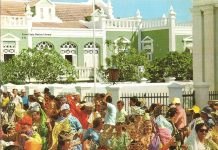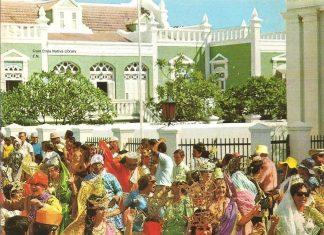Etnia Nativa’s narrative emphasizes the importance of reclaiming and recognizing Aruba’s cultural roots, often overshadowed by its colonial past. The platform promotes the rediscovery of native traditions, history, and identity.
In this episode, we explore a form of native medicine that has persisted in our culture since time immemorial: curanderismo, known in our native language, Papiamento, as curioso. This ancient healing tradition is deeply rooted in religious magic and a profound connection to nature’s elements and their effects—always cloaked in symbolism and mystery.

Since ancestral times, magic and religion have played a central role in how humans understand and respond to health and illness—and our small island is no exception. Across the American continent and the Caribbean, many believe that illness can result from violations of natural laws or divine will.
Over time, Spanish Christian traditions merged with the magical-religious beliefs of native peoples, giving rise to forms of traditional medicine that continue to thrive in various parts of the world today.
Among native communities, magical-religious beliefs shaped how ailments were classified: as physical, psychological, or the result of curses and witchcraft—the latter believed to be undetectable by conventional medicine. It was also widely believed that individuals could bring illness upon themselves; that folk healers might practice white magic (to heal) or black magic (to harm); and that these healers possess a ‘gift’ for healing and divination, often revealed through dreams.
Not too long ago, there was a healer—a native curioso and midwife—popularly known as Mamona. She was part of our island’s fabric and the world of traditional healers. Although not formally recognized by the healthcare system, she offered all kinds of care that, for many in our community, felt more trustworthy than conventional medicine.
I remember Mamona kept a kind of bowl under her bed, where she had patients urinate so she could analyze the urine simply by looking at it. This was just one of many methods she used to diagnose ailments and determine the right treatment.
Mamona was originally from Noord, where she had always lived and was well known across the island. People from all districts came to consult her. Her humble home was always spotless, and amidst softly flickering candles, she was always ready to welcome the next visitor and begin the healing work.
Patients came to Mamona with a wide range of concerns. She treated indigestion, as well as conditions like panic, fright, and even certain “traumas.” One practice particularly sought after by pregnant women was the turning or repositioning of babies in the womb to bring comfort to both the mother-to-be and her child. This was done to help facilitate birth. Others sought her help for depression, or came simply in search of spiritual guidance.
One day, to the surprise of Mamona and all of Aruba, the Pastor of Noord came to visit. He had been suffering from an eye ailment that no doctor could diagnose or relieve. Mamona approached him, gently took the Pastor’s face in her hands, and calmly assured him that she knew what was wrong with his eye—and that she would heal it.
With great care, Mamona inserted her tongue into the Pastor’s eye and removed a tiny thorn (naño) that had been causing persistent pain and watering, making it difficult for him to carry out his daily work. After days of discomfort, the Pastor experienced immediate relief. Once again, Mamona had fulfilled her mission of healing—even for a Dutch priest.
The ways in which health and illness are understood are not universal; they depend on cultural frameworks and the meanings assigned by individuals within each community. Native medicine, often deeply rooted in magical-religious beliefs, sometimes offers explanations for illness that differ from those of conventional medicine. Healers, herbalists, shamans, and Curiosos continue to fulfill the medical and social roles they have held for centuries, treating conditions ranging from physical ailments—such as bone, stomach, and heart problems—to emotional and even ‘supernatural’ issues, like fright, curses, or spiritual imbalances.
If you enjoyed reading our ancestral stories and are interested in learning more about the true identity of our Aruban heritage, we recommend booking a visit to Etnia Nativa—the only “living museum of its kind in the Caribbean.” It’s a fascinating destination, a trendsetter since 1994, and a co-founder of Island National Park, Archaeological Museum Aruba, and many artisan foundations, among other voluntary efforts. Etnia Nativa shares valuable knowledge and connects you to the ancient spirit and soul of the island.Whats App+297 592 2702 etnianativa03@gmail.com
















